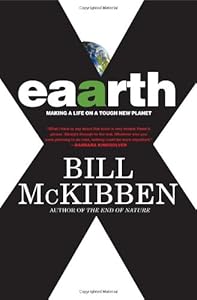 US Supreme Court - Image via Wikipediaby Lindsay Kucera, Yes! magazine: http://www.yesmagazine.org
US Supreme Court - Image via Wikipediaby Lindsay Kucera, Yes! magazine: http://www.yesmagazine.orgSeven teenagers set a new precedent for environmental action in May 2011 by suing the federal government for not taking measures against climate change. They claim that the government’s policies regarding climate change are squandering natural resources.
The young plaintiffs, led by 17-year-old Alec Loorz, filed a total of 10 suits against the federal government and individual states under the public trust doctrine, a legal principle derived from English Common Law which holds that the government is responsible for protecting resources - like water and wilderness - in trust for the public and future generations.
The legal action is supported by a coalition of groups called the iMatter Youth Council, which is petitioning the government for a 6 percent reduction in global CO2 each year, an emissions cap at 2011 levels, and the reforestation of compromised ecosystems.
The preliminary injunction hearing was originally slated to be held in December 2011, but has been moved from San Francisco to Washington, D.C., at the request of the federal government. A new date for the hearing has yet to be announced.
To read further, go to: http://www.yesmagazine.org/planet/why-im-suing-the-federal-government?utm_source=wkly20120224&utm_medium=yesemail&utm_campaign=titleKucera





